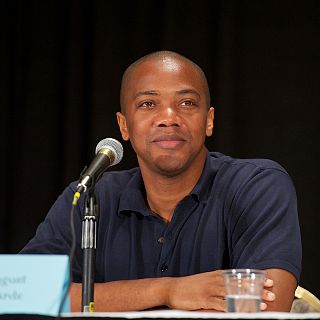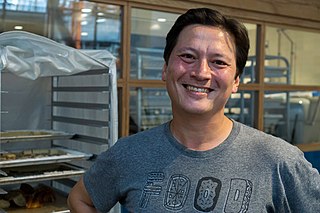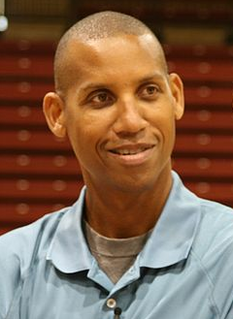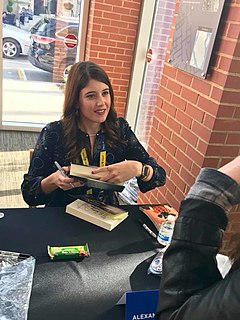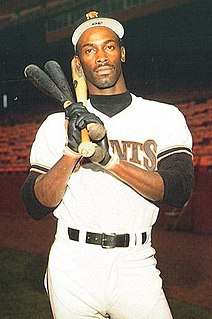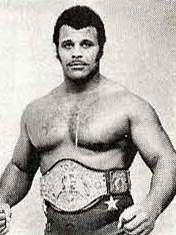A Quote by Bill Dedman
Reggie Campbell and Kathleen Goldsmith are participants in an American success story, the unprecedented boom of home-buying by African-Americans in the 1990s. Only he is black and she is white. When he moved into the neighborhood, she moved out.
Related Quotes
I studied in New York. I fell in love with an Australian-born, half-Filipina girl. So we moved to Australia when she went to her university and I moved with her. We moved to Montreal because she was going to take her year abroad, and I wanted to see if I could keep on writing there. It's really hard to make it as a writer in the Philippines.
One of the key things for me about Madame Walker's life is that she really does represent this first generation out of slavery when black people were reinventing themselves, and as a woman who was the first child in her family born free, she was trying to figure out a way, and she moved from Delta, Louisiana.
When my family first moved to Hempstead in the 1960s, they were one of the first black families. It used to be an all-white neighborhood, but there was white flight when the black people with money started moving in. When I was, like, 13 or 14, Hempstead had just become all black, and the poverty became worse and worse.
What I have always loved most in men is imperfection. I get moved by the wrinkles on the throat of a man. It makes me love him more. I think it is sad that more women don't take the chance that maybe men will be moved by seeing the chin a little less firm than it used to be, that a man will be more in love with his wife because he remembers who she was and sees who she is and thinks, God, isn't that lovely that this happened to her. And be moved by life telling its story there.
My sister is a good story of resiliency. She had a full ride at UC Davis, but she left school to go to the Philippines - and then she decided to go back to school in her 40s, which surprised me. She went to UC Berkeley, and I think she was one of two African Americans in her class at Haas. She's really impressive.
The system in which I came up in was that every territory had to have a black, a white... if you went to Texas you had to have somebody that was a cowboy or one that was from Mexico. There wasn't that many Afro Americans in the business at the time so I moved around a lot. But every time I moved around, I made money.

